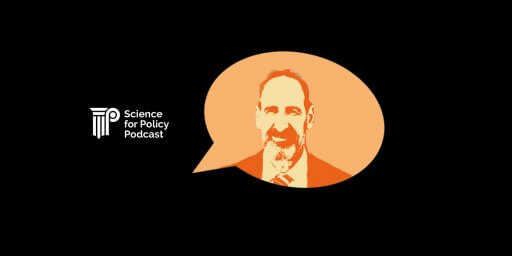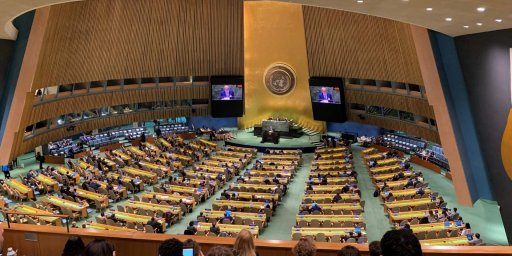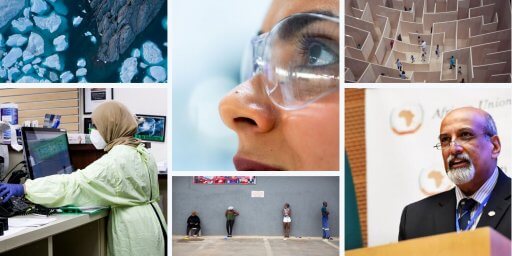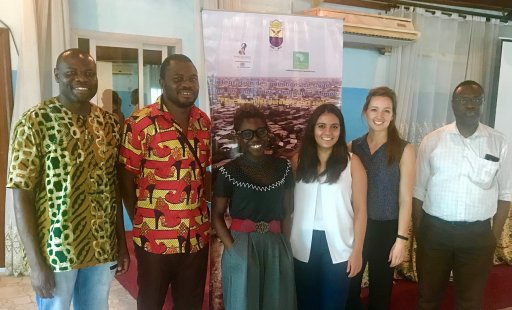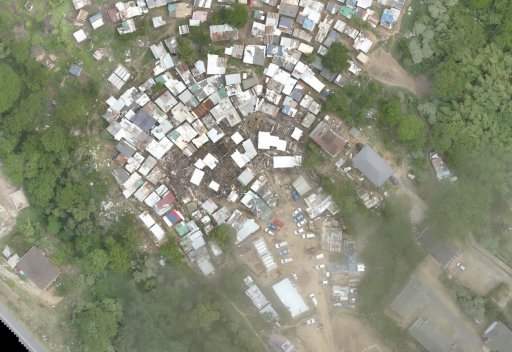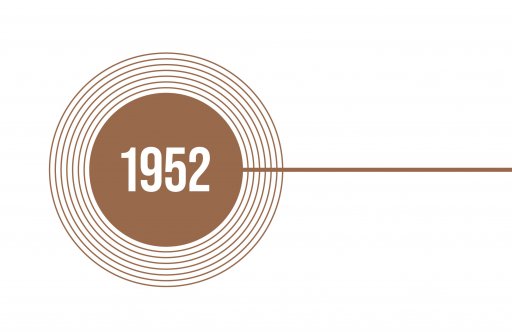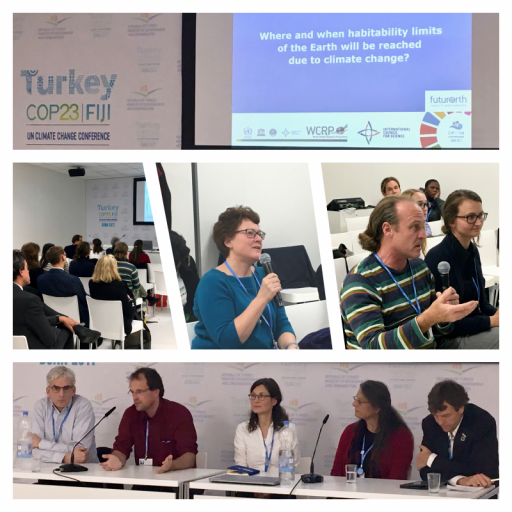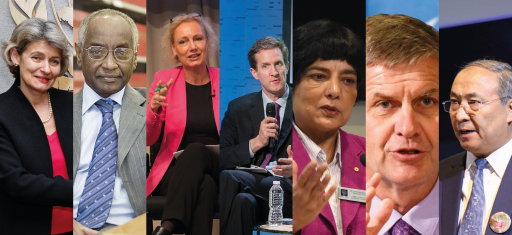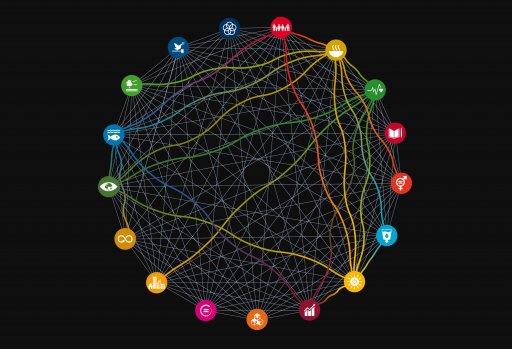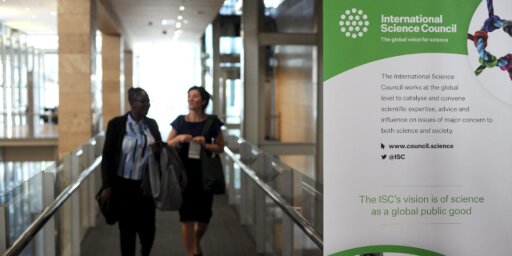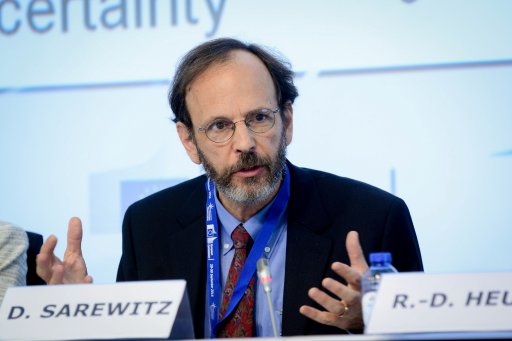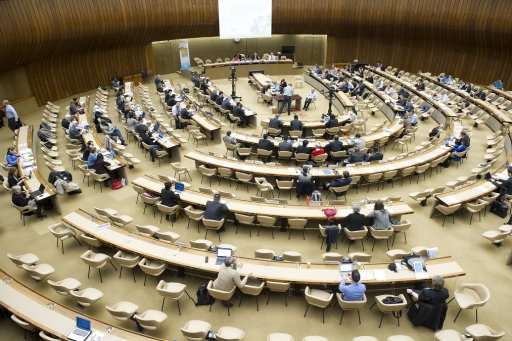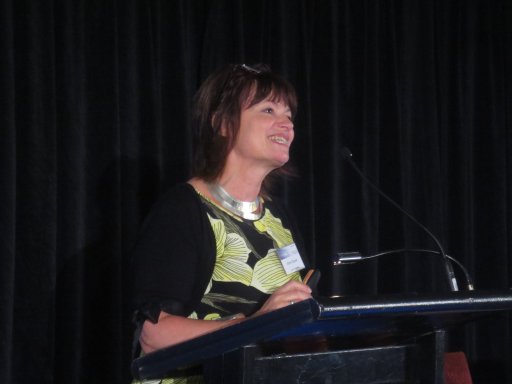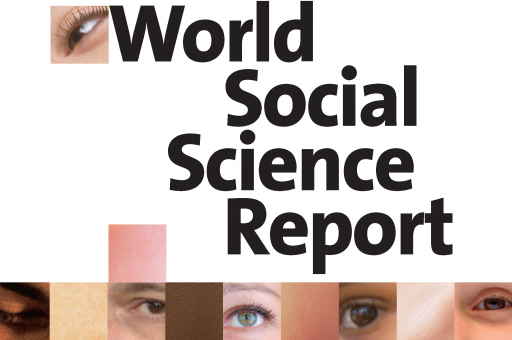The International Network for Government Science Advice (INGSA) has released the results of a twelve-month study examining the impacts of digitalisation on the wellbeing of individuals and societies.
The report is the first of its kind from an international organization and warns that governments and societies have to take more pre-emptive action to map the broad range of impacts that digital technologies are having on how people see themselves and others, and how citizens relate to their nation state.
Our society needs to move away from the status quo of passive adoption of technology towards an approach of understanding and management. In this way, the potential benefits to wellbeing of rapid technological advancement can be maximised, while minimising the social, political and individual costs.
Conducted at the request of the Science, Technology and Innovation Division of the OECD, the report bring together experts from across the humanities, social and technical sciences, and the policy community to extend the concept of wellbeing from the individual to more collective structures of society.
“Digitisation is not business as usual for our economies and our lives,” warns INGSA Chair and report co-author, Sir Peter Gluckman. “It is a transformation that is affecting our social interactions, our institutions, and our very development and future in fundamental ways.”
“Thankfully, our increasingly interconnected societies have the ability to gather information, to monitor impacts and to make thoughtful decisions. What is needed is greater cooperation and proactive leadership by governments supported by extensive expert input and societal conversations. If we get it wrong, the stresses and strains we are already seeing on day-to-day wellbeing will only become more pronounced.”
Five key areas for action:
The report – Understanding wellbeing in the context of rapid digital and associated transformations: implications for research, policy and measurement – focuses on the dimensions of wellbeing that are likely to be most affected by digital transformation at the individual, social and civic levels. Informed by sociology, anthropology, psychology, human development and philosophy, the paper moves beyond conventional economic analyses to suggest priorities in policy development, research and monitoring that governments can undertake to better prepare for the societal impacts of rapid and pervasive adoption of digital technologies.
Five key inter-related areas are identified, where urgent attention is required:
- Early childhood development and education: The skills needed in the digital age (interpersonal skills, emotional resilience, critical thinking) are based on foundations of cognitive and emotional skills developed in the first few years of life. Traditionally these areas have received less focus in terms of governmental framing of educational systems.
- Mental health: The report identifies ways in which digital transformation may heighten problems of diminished mental wellbeing.
- Social inclusion: The way social groups form and operate is clearly being affected by social media and this is having major impacts on social capital and trust with broader implications for social cohesion and democratic processes.
- Personal and public security: Whether for individuals or groups, an emergent issue of personal and public security relates to the increasing potential for real and immediate impacts from various forms of virtual, online and remote surveillance technologies. On one hand the concept of surveillance of public spaces may make people feel safer, but in practice is it also limiting personal freedom? Misuse of social media increasingly can polarise and fragment societies and threaten our sense of wellbeing, especially if they spill over into real-world actions.
- Governance: The concept of governance includes democratic processes (e.g. public representation, electoral integrity, trusted public institutions, independent and reliable 4th estate) as well as fair and just delivery of government core services. While these two meanings of governance must be distinguished, they nonetheless both affect wellbeing and are themselves affected by the impact of digital technologies.
For more information or for interviews, contact Sir Peter Gluckman (pd.gluckman@auckland.ac.nz) or +64 21 77 5568.
International Network for Government Science Advice (INGSA)
The International Network for Government Science Advice (INGSA) is a network of over 4000 researchers and policy professionals from over 80 countries, who work at the interface between science and public policy to enable the better use of evidence to inform policymaking.
[related_items ids=”715″]







